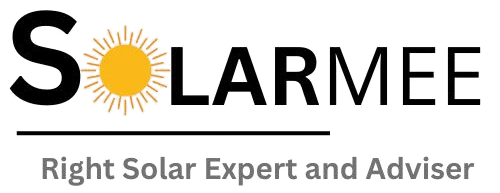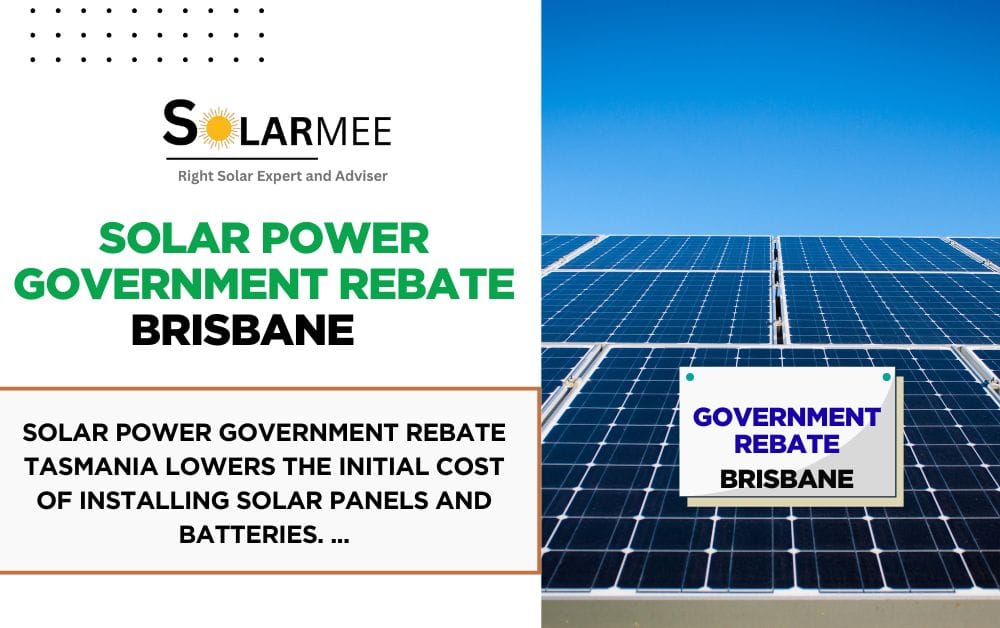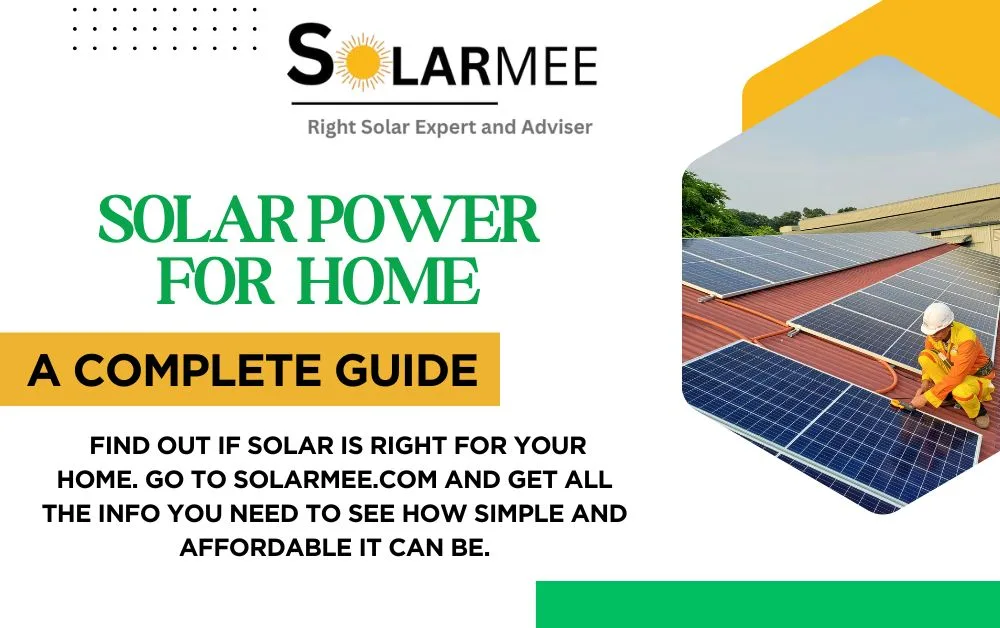Brisbane residents benefit from being the country’s leader in solar energy adoption, as solar panels on the roof are now installed in a growing number of residences and commercial buildings. The city accounted for over 5% of all installations in Australia by 2025, and Queensland, including Brisbane, continues to lead the country in solar adoption per capita.
The abundance of sunlight, low electrical costs, and environmental benefits are what drive the locals. Government rebates, including the Solar Power government rebate in Brisbane, are also useful since they directly decrease the cost of installing solar panels and batteries. Federal programs and state incentives back these rebates, so more households and businesses can use solar power, whether they have high incomes or not.
Solar is made better financially by rebates, interest-free loans, and feed-in tariffs. This guide outlines eligibility, application, and types of rebates that are available to Brisbane residents, enabling them to make the switch to solar power without hesitation.
What is the Solar Power Government Rebate in Brisbane?
Solar Power Government Rebate Brisbane is a monetary package that allows homeowners and businesses to reduce the initial expense of installing solar panels and batteries. It is reliant on the federal Small-scale Renewable Energy Scheme (SRES) that acknowledges tradable Small-scale Technology Certificates (STCs) to qualified solar systems, resulting to the reduction of installation expenses, usually by varying $2,000-2,600 off a 6.6 kW system in Brisbane.
They include solar panel rebates (SRES), which provide instant discounts, and solar battery rebates (Cheaper Home Batteries Program, beginning July 2025), which subsidize approximately 30 percent of eligible battery costs, approximately $344 per usable kWh to 50 kWh.The upfront rebates are a set of reductions at the time of installation; subsidies can be grants or interest-free loans in addition to rebates; feed-in tariffs are credits to continue to pay on any excess solar energy that a person brings to the grid.
Also Read: How Does a Solar Hot Water System Work?
Eligibility Criteria for Brisbane Solar Rebates
Solar rebates are available to most households, businesses, and landlords in the city of Brisbane, provided they meet minimum criteria. The federal Small-scale Renewable Energy Scheme (SRES) has no income requirements; anyone is eligible to participate in the scheme provided they install a new solar system (less than 100 kW) at a premise that is linked to the electricity network and that their products and installers are registered by the Clean Energy Council.
Eligibility under battery rebates (Cheaper Home Batteries Program, starting July 2025) will mandate households, small businesses, and community facilities to install a new battery (500 kWh to 100 kWh nominal) with new or existing rooftop solar using accredited installers and products. Battery/inverter Virtual Power Plant (VPP)-capable is required in grid-connected batteries within 1 km of the network; off-grid systems do not. The renters can apply under the consent of landlords and can be eligible for expansion or upgrades with the addition of more compatible systems under the same address.
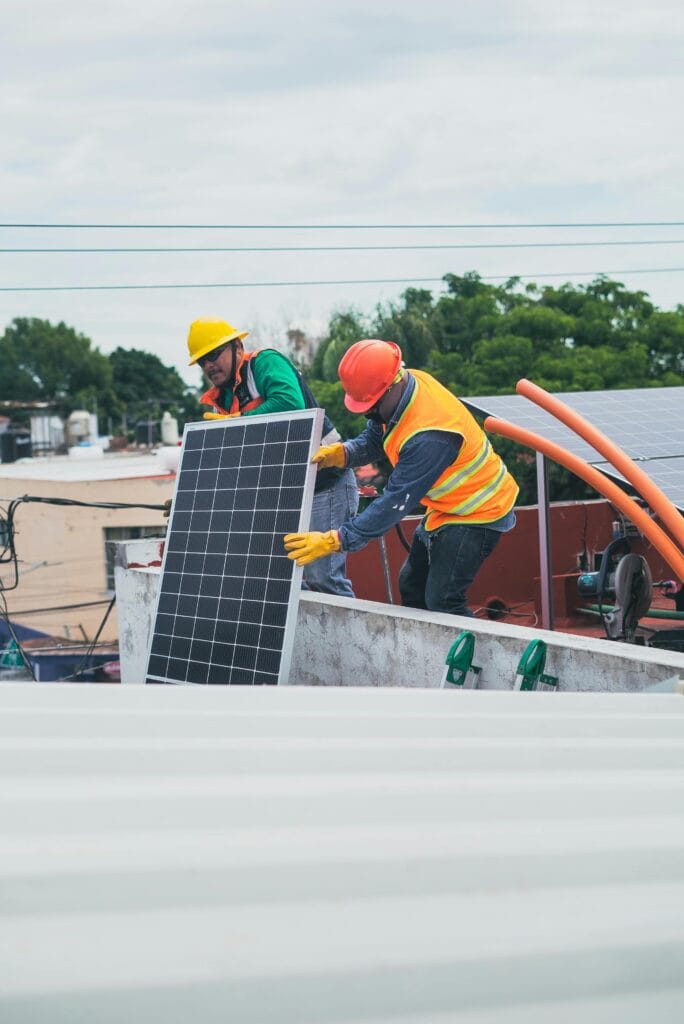
Step-by-Step Guide: How to Apply for Solar Rebates in Brisbane
| Step | Action | Details |
| 1 | Check eligibility online | Confirm property eligibility and scheme requirements via the QLD government or Clean Energy Council websites. |
| 2 | Get quotes | Obtain quotes from Clean Energy Council-accredited solar providers in Brisbane. |
| 3 | Submit application | Sign STC assignment forms via your chosen installer (rebate usually applied upfront). |
| 4 | Approval & installation process | The installer schedules and carries out the installation, then registers the system for a rebate. |
| 5 | Claim rebate/payment details | The installer handles paperwork, and the rebate is deducted from the solar system cost. |
Brisbane Solar Panel Rebate Explained
The Brisbane Government solar panel rebate provides households with the federal Small-scale Renewable Energy Scheme (SRES) to cut upfront solar installation costs. The rebate will be issued in the form of Small-scale Technology Certificates (STCs), which are accredited installers who will offer the rebate as a discount at the point of sale, offering solar that is more accessible and affordable to Brisbane residents.
Average household savings in Brisbane can be estimated between $2,000 and $3,700 on a 6.6 kW system, based on the prices of the STC market, sunshine zone rating, and system size. Installers have already indicated the net price, including the rebate, which makes it easy for the homeowner.
Brisbane Solar Battery Rebate Explained
The Brisbane Government solar battery rebate is another incentive on top of the existing or additional requirement to add energy storage to the already installed or new solar panels. The federal Cheaper Home Batteries Program starts July 1, 2025, with a rebate of approximately 30% on the upfront cost of batteries, on a first-come-first-served basis, with a 50-kilowatt-hour (kWh) limit on the usable capacity.
This decreases the barrier of high initial investment and makes the battery storage cheaper. Battery storage and solar panels will enable homeowners to store the surplus solar energy to be used during peak hours or during outages in the power supply to achieve energy self-reliance and reduce electricity bills.
New, brand-new 5-100 kWh nominal-sized batteries installed by qualified providers and coupled with a rooftop solar system are required. Systems should be Virtual Power Plant (VPP) capable on-grid systems within 1 km of the network, and off-grid systems are subject to special connection requirements.
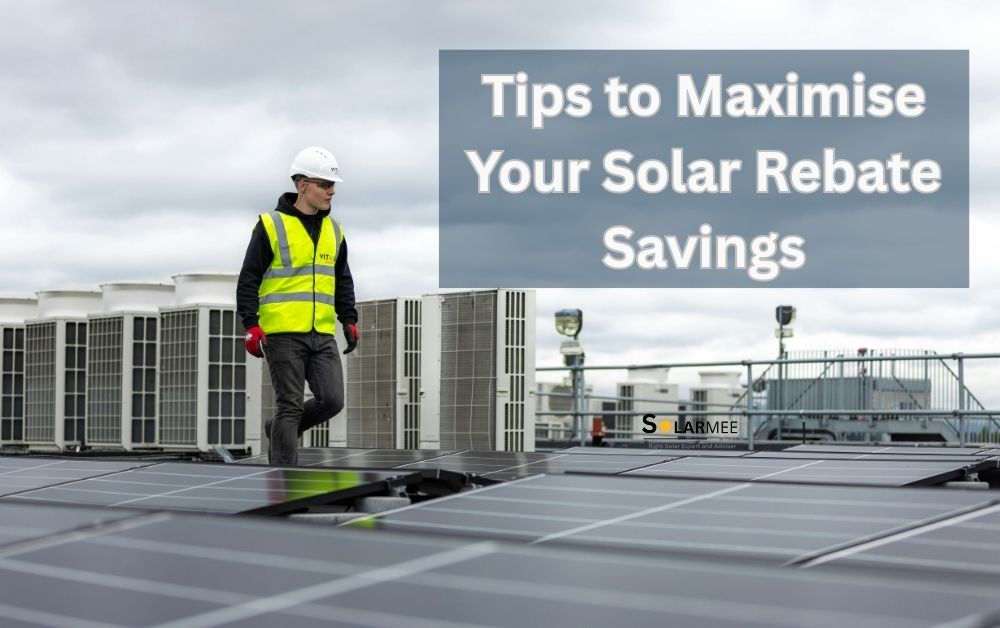
Tips to Maximise Your Solar Rebate Savings
In order to make the most of your solar rebate in Brisbane, you should get as many quotes as possible with various Clean Energy Council (CEC)-accredited installers to achieve good prices and quality service. Install your equipment in time before rebate rates are lowered or policies are altered so that you can receive the largest incentive available.
Add to these rebates the feed-in tariff available in Brisbane that credits you a bit more in case of excess solar energy that goes to the grid, which boosts your ROI. The size of the system needs to be carefully considered to match energy requirements; larger systems generally present larger rebates and savings over time. The sooner one takes action to find out how to claim the solar rebate in Brisbane and strategize installation, the more financial gains and a sustainable energy future are made.
Common Questions About Solar Rebates in Brisbane
- Can renters apply? Yes, renters can profit from the Supercharged Solar for Renters program, whereby landlords who install solar on rented properties get a rebate, therefore ensuring that Tenants also benefit from reduced electricity expenses.
- Are there rebates for business? Yes, federal and state programs can provide your solar rebates and battery incentives to eligible small and community organizations.
- What would happen in the case of a future rebate change? Current approvals do not lose benefits, but new rebates may be reduced or cease. You are recommended to take action immediately to gain the greatest savings.
Misunderstanding explained: Rebates save original expenses but are not equal to the total installation cost. Accredited providers should install them.
Also Read: Solar Power Government Rebate Tasmania
Conclusion
Reducing the initial installation costs of the solar panel, Solar Power Government Rebate Brisbane helps to make solar energy more affordable and accessible. and battery on a big basis. Solar adoption is helped by the larger discounts given by rebates like the federal Small-scale Renewable Energy Scheme (SRES) and the Cheaper Home Batteries Program, which lower upfront costs.
One of the best incentives that can be explored by residents and businesses is to ensure that they check their eligibility today. Because rebates are gradually declining and part of the programs might be discontinued by 2030, it is important to get rebates early. In order to maximize savings and to make the application smooth, a reputable and Clean Energy Council-approved solar installer will be contacted, who will lead the process. An early move will also ensure that the best rebates are secured and Brisbane has a sustainable energy future.

I am Vanshika, a passionate writer, digital marketer, and explorer of ideas. With expertise in SEO, social media, content creation, and website design, I combine creativity with strategy to deliver impactful digital solutions. Writing is my way of sharing knowledge, sparking curiosity, and building meaningful connections with readers. Through my blog Vanshi’s Exploration, I share unique insights on finance, travel, technology, and future-forward thoughts that inspire and inform.
